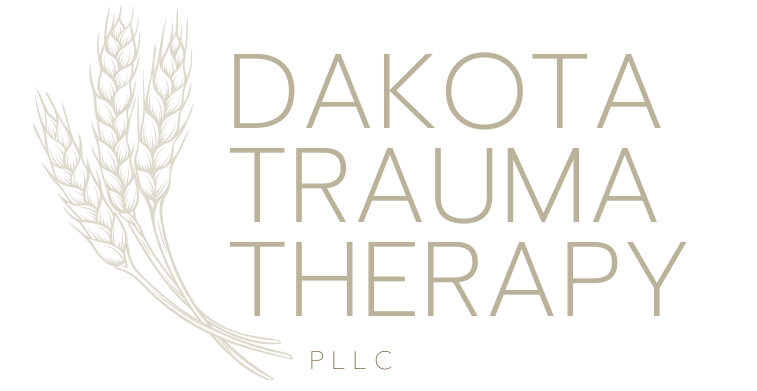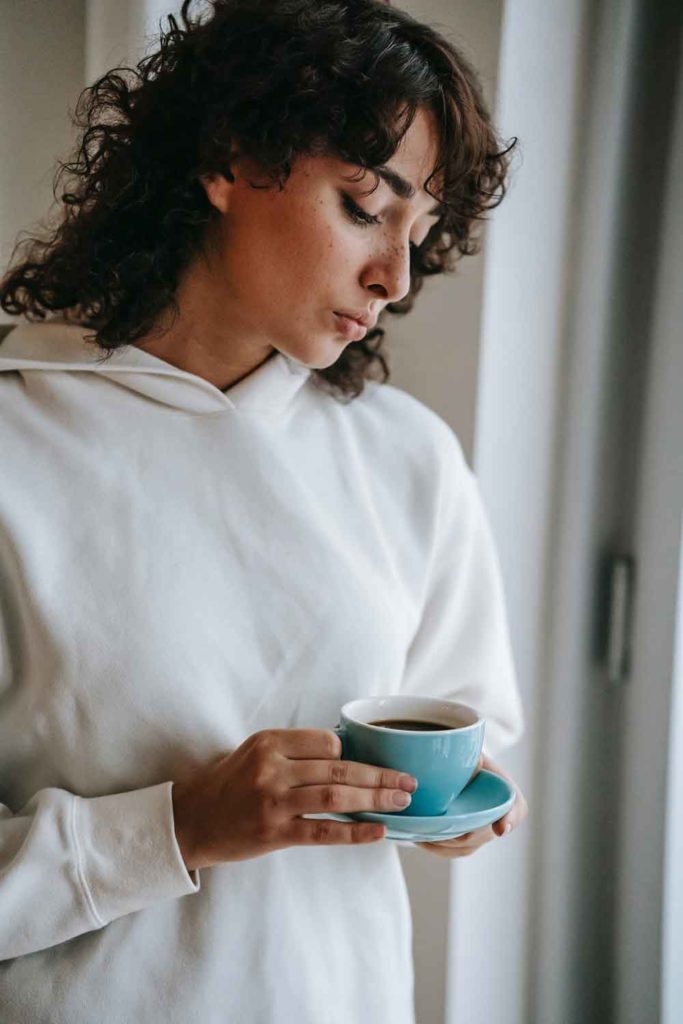What is Morning Anxiety and how waking up with anxiety feels like? Have you ever been startled up in the middle of the night by the hammering of your heart? Or do you wake up with a sensation of dread or are you instantly swamped by stress? People anticipate waking up rejuvenated and ready for the day ahead while going to bed. If it does not happen, any worrying thoughts, feelings, or physical panic sensations one has might remain, affecting the person negatively throughout the rest of the day.
The physical and mental sensations of waking up with anxiety can easily overwhelm and distress you. They may appear to be all-encompassing. You may feel you are getting off to a bad start and begin the day with a negative attitude.
At some point in their life, nearly everyone will suffer some form of stress or anxiety. That anxiety is frequently felt more strongly in the morning on a daily basis. The strain of accomplishing the day’s chores may feel overwhelming when you get up, and physiologically, your hormones can amplify that stress. Here’s all you need to know about morning anxiety and how to cope with it as soon as you wake up.
What is Morning Anxiety?
Anxiety can be triggered by a variety of everyday occurrences. Everyone understands how it feels to be nervous, concerned, or panicked, whether it is due to work stress, relationship issues, recent events, or any other emotional trigger. However, for other people, simply getting up in the morning and beginning a new day might be frightening. This is referred to as morning anxiety. (1)
Morning anxiety is exactly what it sounds like that is anxiety that kicks in first thing in the morning. For certain people, this involves worrying primarily about what occurred the day before and what may occur tomorrow. However, it can be considerably more severe for others.
Morning anxiety is the sense of being stressed and worried when you wake up. It is not a medical word. A person waking up with anxiety might have a variety of factors causing it, including job, school, or relationship problems. (2) Although it is normal to feel anxious on occasions, if it occurs regularly, a person may develop generalized anxiety disorder (GAD). (3)
GAD is a condition in which a person’s daily life is disrupted by unmanageable and excessive high functioning anxiety. GAD can also cause anxiety to wake you up or make it difficult for you to fall or remain asleep. Anxiety disorders such as GAD and others can develop gradually. In most situations, a person develops anxiety as a result of a series of continuous events. People with a personal or family history of anxiety may be more vulnerable than others, but anxiety can affect everyone. (4)
Symptoms
Morning anxiety symptoms are easily confused with those of generalized anxiety disorder. If you wake up with anxiety, you may feel restless, tense, or wound up, emotional dysregulation, fatigue, signs of a panic attack, such as a strained chest, muscle tension, a faster-than-normal heart rate, or difficulty breathing, trouble focusing, and finding yourself going expressionless, and difficulty controlling your concern or anxiousness.
Although the symptoms of anxiety when waking up differ from person to person, these are some of the more frequent ones.
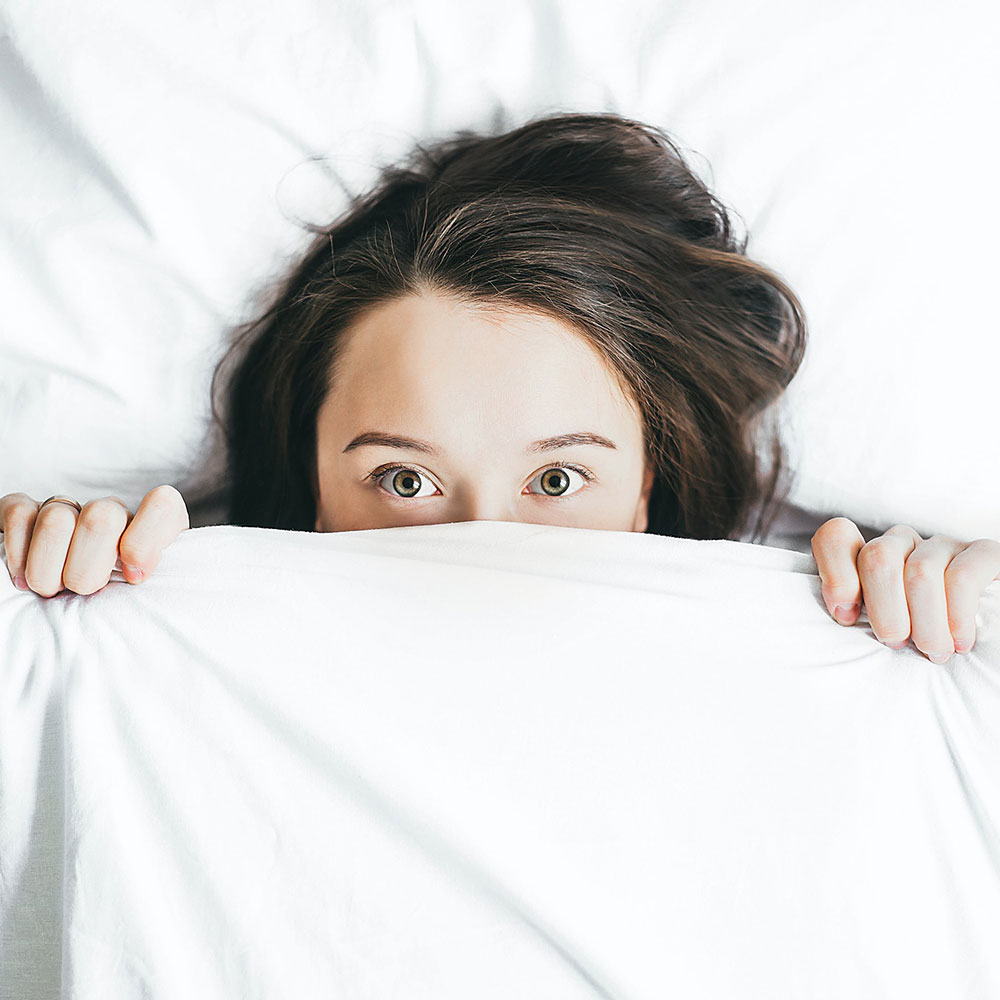
What Causes Anxiety in the Morning?
Morning anxiety may affect anybody, but individuals who suffer from anxiety disorders are more vulnerable. Anxiety levels might spike in the morning if you are already apprehensive. Although anxiety might be beneficial in getting healthy people to think about how to organize their daily routine, it is more likely to paralyze individuals with underlying anxiety disorders. Some of the common causes of morning anxiety are as follows:
Stress Hormone
The anxiety you experience in the morning might be exacerbated by thinking about all you have to do during the day, from work to exercise to socializing. While thinking about the day ahead of you might be stressful in and of itself, the Cortisol Awakening Response (CAR) also affects an individual greatly. (5)
Since cortisol plays a role in the body’s response to stress, it is known as the stress hormone. (6) Cortisol levels increase in the first 30 to 45 minutes of each day, a phenomenon known as CAR, making you feel more anxious in the morning.
The physiological signs of anxiety, such as increased adrenaline flow, increased heart rate, and elevated blood pressure, are exacerbated by greater cortisol levels. When cortisol levels are higher in the morning, anxiety levels are higher, interfering with a person’s ability to think quietly and prepare for the day ahead. (7)
Substance or Alcohol Abuse
Alcohol and recreational drug usage should be avoided by individuals who are already suffering from anxiety. Although there are no clear correlations between substance abuse and anxiety, they can exacerbate anxiety symptoms. As a result, alcohol or other drugs might have an impact on how someone sleeps or feels when they wake up. (8)
Relationship Problems
There is evidence that a person’s happiness in their relationship has a direct impact on their health. These impacts include healing from illnesses and sleep habits.
Researchers invited 29 couples to report their relationship experiences throughout the day and how they slept at night in a small-scale study. Females who reported having pleasant contacts with their spouse during the day slept better than those who reported having negative interactions. Similarly, a person’s relationship state might make them feel nervous when they wake up, which can lead to relationship anxiety. (9)
Major Events of Life
Anxiety disorders can arise as a result of long-term or short-term stressful life experiences. Changes in living arrangements, such as moving to a new area or someone else moving out, changes in employment, such as changing careers or loss of employment, experiencing physical, mental, or sexual abuse, the separation from a loved one or their death, and emotional shock following a traumatic event can all trigger anxiety in the morning. (10)
Financial Crisis
Adults are concerned about their financial situation. Someone could be concerned about how they would pay for groceries, pay their house payment, or go to work. However, for some people, worrying and thinking about finances may become an overpowering issue. When a person spends too much time worrying about financial conditions, they might develop anxiety, which can impact their sleep and how they feel in the morning. (11)
Underlying Mental Health Issues
An individual suffering from anxiety might have other mental health issues. If they have another condition after a traumatic incident, such as melancholic depression, bipolar disorder (12), or post-traumatic stress disorder (PTSD), their anxiety symptoms may worsen. This aggravation might cause a person to have anxiety when they get up in the morning.
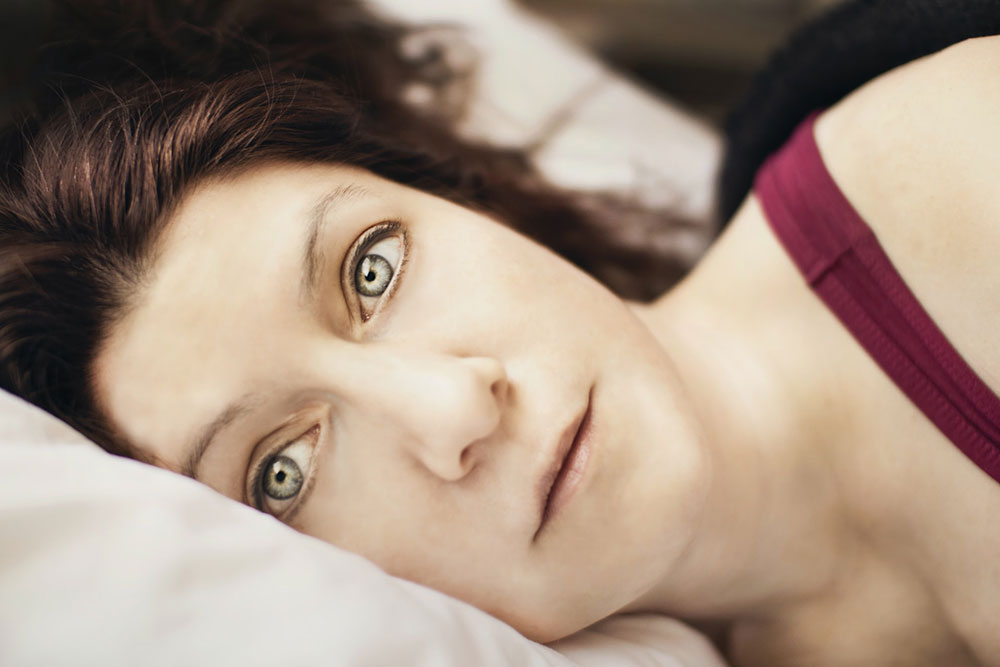
Diagnosis
Anxiety is usually diagnosed by a doctor, psychiatrist, or psychologist. A patient will usually come to them to talk about chronic stress, a sense of being overwhelmed, or sleeping problems. A basic examination and inquiries regarding the person’s health, including any other mental health issues and symptoms they are experiencing, are generally performed by the healthcare expert.
Depending on the symptoms a person is experiencing, the healthcare professional may undertake tests to rule out other diseases before establishing a diagnosis of anxiety. Finally, they may request that the patient complete a self-assessment. They will utilize the sort of self-assessment they feel will best establish whether the person has an anxiety disorder or another disorder that is triggering anxiety issues.
Treatment
It might feel like living with anxiety is a never-ending loop of dread. It does not, however, have to overwhelm your life. You can learn to manage your symptoms with the appropriate treatment. Morning anxiety is commonly treated with psychotherapy, medicine, or a combination of the two to address the underlying causes. It may be treated in a variety of methods, and people should talk to their doctor about their choices to determine which is best for them.
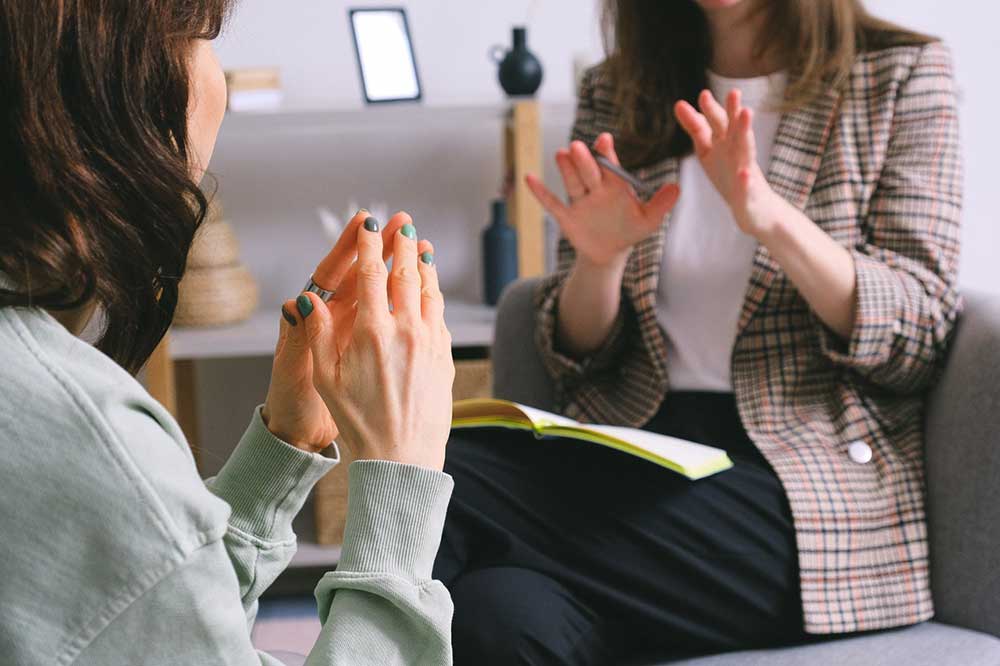
Psychotherapy
People who have anxiety when they wake up benefit significantly from psychotherapy, often known as talk therapy. To be effective, psychotherapy must be centered on the person’s specific issues and tailored to his or her needs. (13)
Cognitive Behavioral Therapy (CBT) is a type of psychotherapy that can help people with anxiety issues. It teaches people how to think, conduct, and react differently in the face of anxiety-inducing and frightening stimuli and events, thereby assisting you in coping with your morning anxiety and fear of the day’s tasks. CBT can also help patients acquire and practice social skills, which is important for treating social anxiety. (14)
The goal of this therapy is to identify, question, and eventually eliminate harmful or erroneous thoughts that are at the root of anxiety. It is occasionally used with visualization and relaxation techniques for the desired outcomes. CBT can be done alone or with a group of people who are dealing with similar issues. Participants are usually given homework to do between sessions.
Medication
A psychiatrist or a primary care provider administers anxiety medication. Some states also allow psychologists with advanced training to administer psychiatric medications. The most often used drugs to treat anxiety include anti-anxiety medications, antidepressants, and beta-blockers.
Anti-anxiety medications can help with anxiety, panic attacks, and extreme dread and worry. The most often used anti-anxiety medications are benzodiazepines. Although benzodiazepines are sometimes used as first-line treatments for generalized anxiety disorder, they have both benefits and drawbacks. (15)
Antidepressants are frequently used for depression, but they can also help with anxiety. They could help you enhance your brain’s use of certain chemicals that control your mood or stress. Antidepressants classified as selective serotonin reuptake inhibitors (SSRIs) (16) and serotonin-norepinephrine reuptake inhibitors (SNRIs) are commonly used to alleviate anxiety (17). Antidepressants from the past, such as tricyclic antidepressants and monoamine oxidase inhibitors (18), are less often used but nevertheless effective treatments for anxiety disorders.
Beta-blockers are most often used to treat hypertension, but they can also help with physical signs of morning anxiety including racing heart, shivering, shaking, and flushing. These medications, when administered for a short period of time, can help patients manage their physical symptoms. (19)
Lifestyle Changes
Getting adequate sleep, avoiding alcohol and caffeine both of which may cause anxiety and panic attacks, eating a nutritious diet low in processed foods and sweets, and decreasing stress at work and at home are just a few of the lifestyle adjustments that can help you manage morning anxiety.
How to Calm Anxiety in the Morning?
Many people who suffer from anxiety wake up feeling so frightened and dreadful that they want to hide under the blankets and avoid facing the day. Do not become disheartened; there are a variety of strategies for reducing morning anxiety and waking up ready to tackle the new day. When you get up and go about your morning, try the following strategies for minimizing and managing anxiety:
Take into account your sleeping patterns
Getting enough sleep is critical for your mental and physical well-being. Sleep problems, such as difficulty falling asleep or insomnia, have been linked to several psychological and medical issues. Headaches, fatigue, poor focus, short-term memory difficulties, impatience, and anxiety are some of the symptoms. (20)
The following are some good sleeping strategies to keep in mind:
- Avoid stimulating activities two to three hours before bedtime, such as watching TV, working on your computer, exercising strenuously, and consuming coffee.
- Before going to bed, do something soothing like snuggle up with a nice book.
- Every night including weekends, go to bed and wake up at the same time.
- Maintain a chilly and dark environment in your bedroom.
- Before night, consider writing or conducting a brain dump to get any ideas or anxieties out of your head so they do not keep you awake.
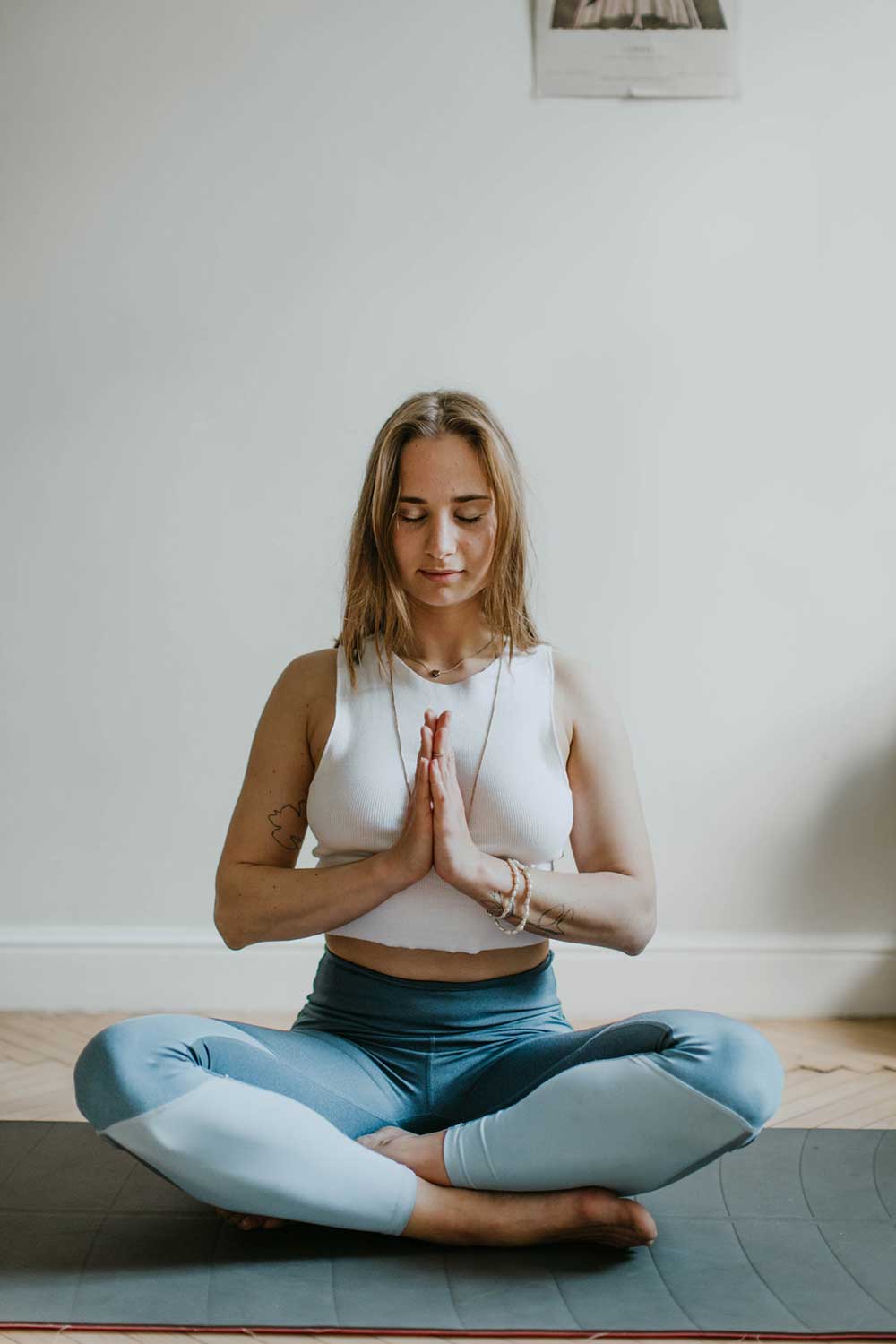
Relaxation Techniques
Starting your day calm and focused might help you maintain emotional balance throughout the day.
Some of the most effective relaxing techniques to try include:
- Shallow breathing disrupts the body’s normal oxygen and carbon dioxide exchange, triggering a stress reaction that can lead to panic and anxiety attacks. Deep breathing can assist in the appropriate oxygenation of your blood. (21)
- Writing down your thoughts, emotions, and impressions about your life events is known as journal writing. Journaling may be a great method to examine your anxieties, manage your stress, and improve your well-being when utilized as a coping strategy.
- Mindfulness meditation is a mental training technique that includes concentrating your attention on your current events which can be used to distract yourself from anxious thoughts. (22)
- Progressive muscle relaxation is a simple method for reducing anxiety that involves tensing and relaxing all of your body’s main muscles in order from head to toe. (23)
Take Care of Your Diet
What you consume can either cause or alleviate anxiety. People with mood disorders, such as generalized anxiety disorder, have poor diets, which are rich in saturated fat and refined carbs and low in fruits, vegetables, and protein. Change your eating habits to include more protein, omega-3 fats, and fruits and vegetables. Caffeine is a well-known anxiety-inducing ingredient. Even if caffeine is not the source of your morning anxiety, it is a potent stimulant that can exacerbate anxiety in some individuals, so try reducing down or eliminating it. (24)
Recognize Stressors
Some aspects of your morning routine may cause anxiety, such as an alarm clock that startles you up and sends a surge of adrenaline through your bloodstream. In that case, consider switching to an alarm tune with calming music. The large list of chores you have to do may exacerbate your morning anxiety. Give yourself plenty of time in the morning and finish some duties the night before to prevent feeling rushed and anxious in the morning.
Think Positive
It is conceivable that if you have been suffering from morning anxiety for a long period, you have formed habitual negative thinking patterns that are driving your anxiety. This implies that your mind wakes, and anxious thoughts take limelight without any deliberate effort on your part, contributing to higher anxiety. To overcome anxiety, first, identify the ideas that need to be changed, and then create your optimistic counter-statements.
Set an anxiety timer if you are new to these approaches and discovering that controlling morning anxiety is proving to be more difficult than you anticipated. Give yourself 10 to 15 minutes to experience those emotions. Move on to your self-care methods after the timer runs off. Though you will not be able to completely erase your anxiety with this method, you will be able to acknowledge your anxiety and proceed to the above-mentioned calming strategies.
Final Thoughts
Morning anxiety is usual, but if it interferes with your everyday activities or life quality, contact your primary care physician or a mental health specialist. It is preferable if you do not carry all your concerns on your shoulders. Allow someone who is experienced in treating anxiety problems to assist you in feeling better and recovering.
Morning anxiety symptoms can be treated, even though they might feel overpowering and permanent at times. You can feel a sense of relief from the overthinking and concern that flood your mind when you combine professional therapy with the self-care techniques described above.
